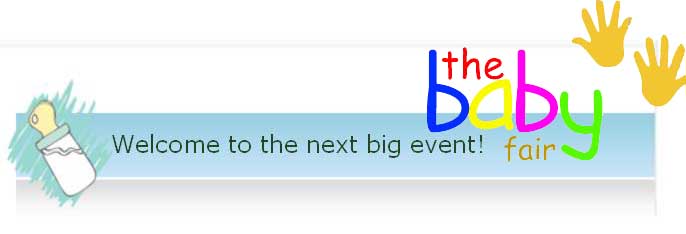 Babies do not necessarily understand what we are saying but they are listening and learning. For this sole reason, it is very important to talk to your baby. You may wonder why it is neccessary or even find it strange (as some people have said) but by communicating with your baby through speech, touch and shared attention you not only help to develop a special bond but also act to enhance their social, psychological and intellectual development.
Babies do not necessarily understand what we are saying but they are listening and learning. For this sole reason, it is very important to talk to your baby. You may wonder why it is neccessary or even find it strange (as some people have said) but by communicating with your baby through speech, touch and shared attention you not only help to develop a special bond but also act to enhance their social, psychological and intellectual development.Recent research has found an alarming increase in the number of children with language and communication difficulties. Although the exact cause is not known it is thought to be a combination of factors such as the increased presence of television in the home, increased parental working hours, little concentrated time spent as a family unit (like family meal times) and a decrease in the use of nursery rhymes and interactive play with family members, all contributing to a significant decrease in the level of focused, one on one attention that a young baby receives.
Research shows that children whose parents spoke to them extensively when they were babies have significantly higher IQs than other children. Their vocabularies are also richer than those of kids who didn't receive much verbal stimulation. You can start as early as when you're pregnant,
 so your baby gets used to the sound of your voice. Read a book out loud or sing to your baby when you are in the bath. When the baby's born, talk to her as you change her nappy, feed, or bathe her, and give her time to respond with a smile or eye to eye contact. At around five months, you may notice her watching your mouth intently. Keep talking, and soon she'll start trying to talk back.
so your baby gets used to the sound of your voice. Read a book out loud or sing to your baby when you are in the bath. When the baby's born, talk to her as you change her nappy, feed, or bathe her, and give her time to respond with a smile or eye to eye contact. At around five months, you may notice her watching your mouth intently. Keep talking, and soon she'll start trying to talk back.Do not underestimate your baby's abilities. Afterall, as an unborn baby she got used to the steady beat of your heart, she tuned into the sound of your voice. Just days after birth, she was able to discern your voice among others. So though at first, your baby cannot understand what you are saying, she can recognise your voice and it reassures your baby.
Remember, talking is linked to hearing and by listening to others speak, your baby learns what words sound like and how sentences are structured. Baby talk has its place, but also speak in real sentences. Your child will learn to speak well only if you teach her to do so. You don't have to avoid using complicated words. While you may need to simplify the way you talk so your child will understand what you mean, the best way for her to expand her vocabulary is to hear you using new words. The same goes for toddlers and preschoolers, whose language skills will continue to grow as long as you continue to stimulate them with conversation.

So sing, read, chat, constantly talk to your baby (even while pregnant), describing where you are and what you are doing all these helps to familiarise your child with the sounds and patterns naturally occurring in speech and provide them with the basis for language development.
